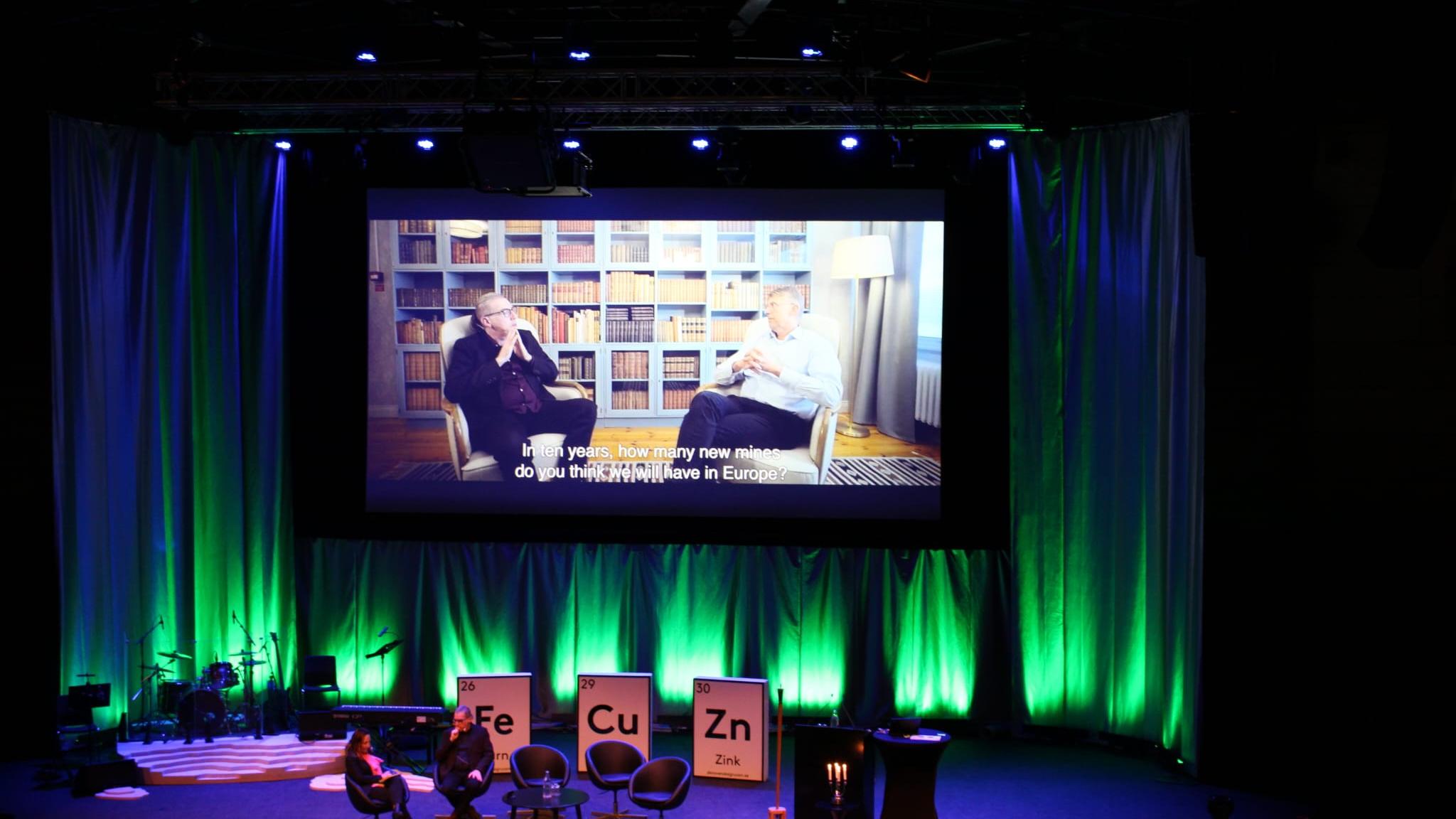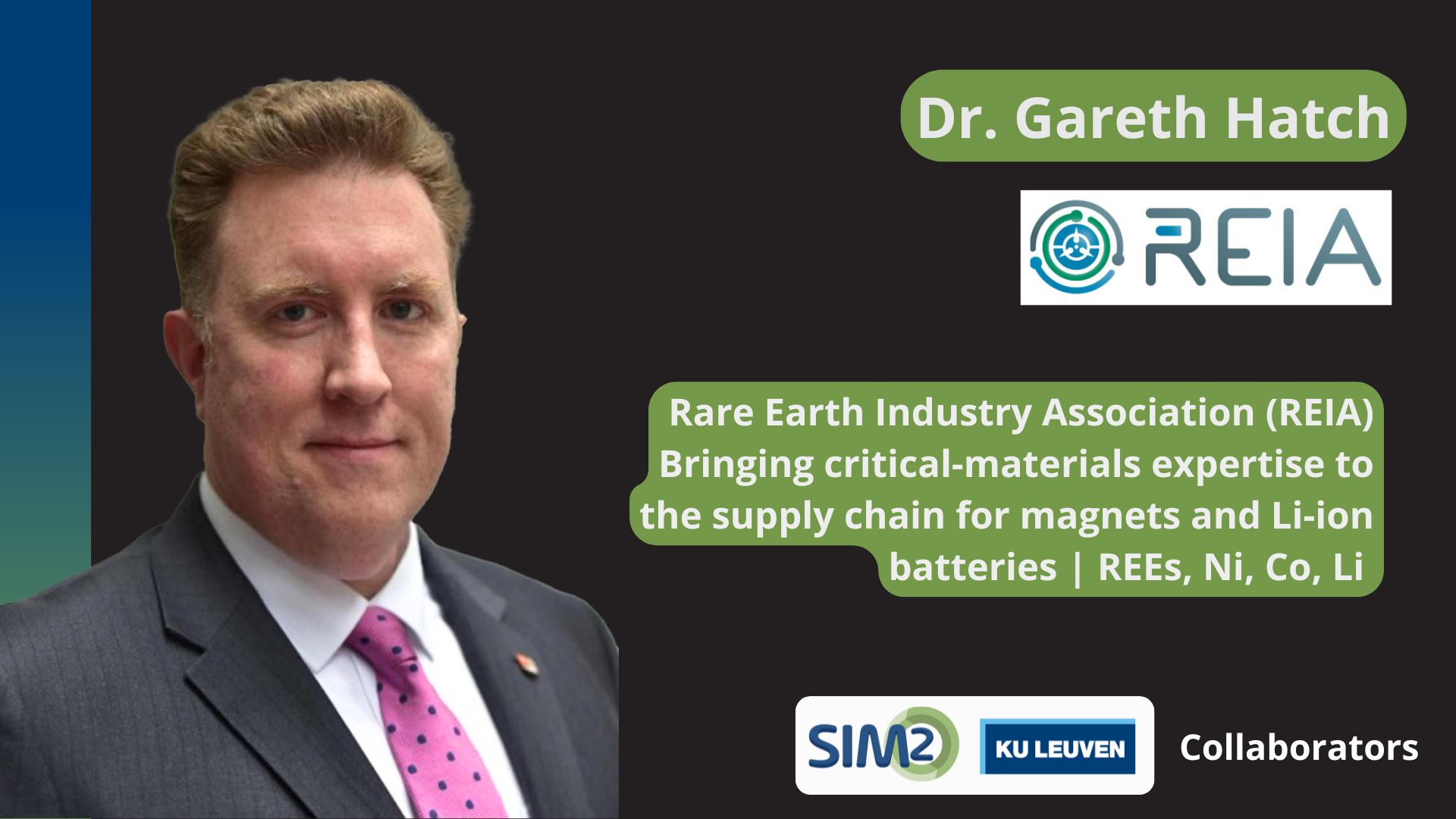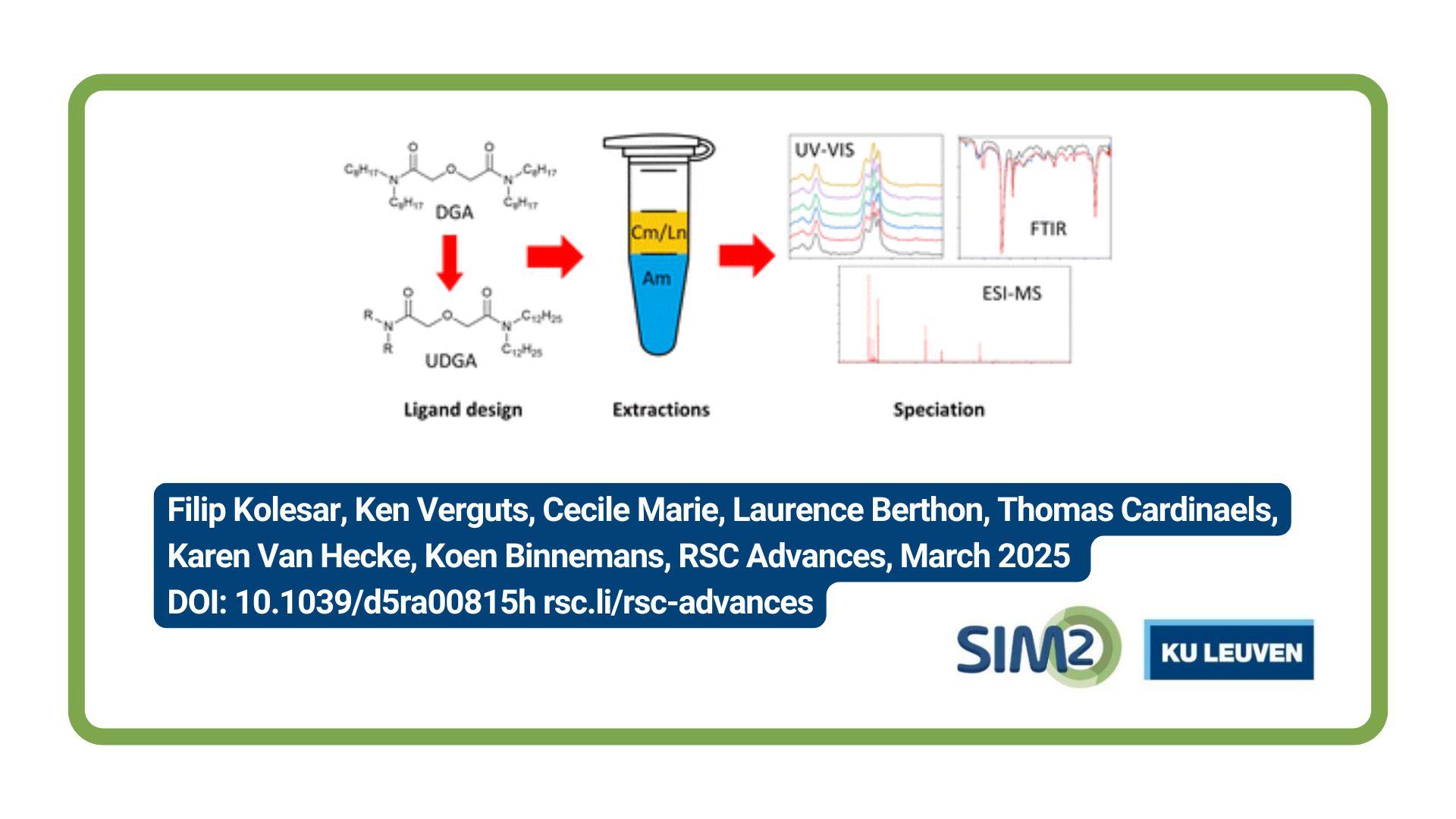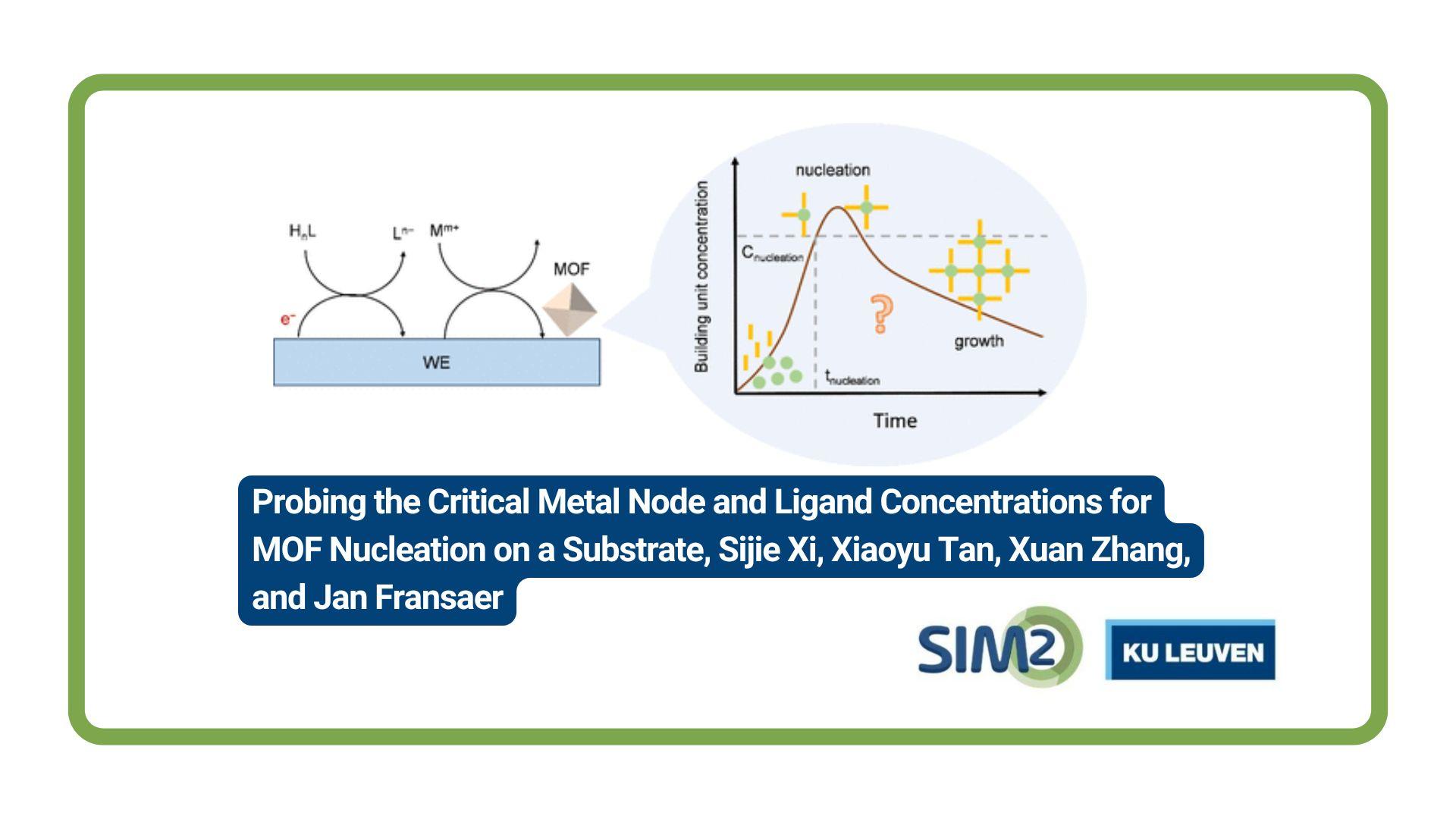Recently, Peter Tom Jones was invited to Sweden to present the SIM²/EXCEED/ENICON documentary “Made in Europe: from mine to electric vehicle” (24–30 Jan 2024). In the space of 6 days, the film was presented in three distinct locations, starting with the Swedish premiere in one of Sweden’s oldest theatres (Zita), a presentation during the Hindersmässen festival in Örebro and a debate during the Future Mine & Mineral Conference 2024 in Stockholm. 3 events, 3 formulas, a multitude of panelists and topics, reaching out to >700 people. Here below you can find the key takehome messages.
Lesson #1
The age of neoliberal, free-trade globalisation is over. We live in the era of protectionism and resource nationalism. We need to develop a vertically-integrated value chain, from mine to final cleantech product. If we don’t act soon, the race will be lost before it got truly started and Europe will de-industrialise. The clock is ticking: "Time is a non-renewable resource".
Lesson #2
Without opening domestic mines and refineries in Europe in the next years, Europe will be critically dependent on a few third countries for the supply of the raw materials needed to manufacture our batteries, rare-earth motors as well as the EVs, wind farms, electrolysers, solar pv, heatpumps etc.
Lesson #3
The Critical Raw Materials Act is a first step but now needs to be ramped up. The strategic projects need to be identified, permitted and implemented. While we are talking, the Chinese are digging! Europe can look at the Nordic countries for doing it in an ESG-friendly way. A benefit-sharing, community-centric model is the way forward.
Lesson #4
There is the NIMBY of the rich vs. the NIMBY of the poor and politically powerless (indigenous) people. (Expect a new mini-documentary on this later this month!). Even in Sweden this paradox is ever present. The world-class Norra Kärr project, in the South of Sweden, has been blocked by well-organised, rich communities, while the Per Geijer deposit, in Sami territory, is expected to be implemented. In my view, BOTH projects should be initiated, while respecting the most stringent #esg criteria: these 2 projects would solve Europe’s entire rare-earth dependency problem for good.
🎬 Made in Europe: from mine to electric vehicle: Why this documentary?
Is Europe really sleepwalking into an abyss? Will the looming tsunami of Chinese electric vehicles obliterate the European car manufacturing industry? The documentary investigates the challenges faced by Europe as it attempts to set up its own, fully integrated, mine-to-EV value chain. The film acts as a wake-up call to avoid that Europe’s decarbonisation strategy leads to a nightmarish de-industrialisation. Instead, the documentary shows that Europe’s transition to climate neutrality can go hand in hand with a cleantech-based re-industrialisation. The film's presenter, Peter Tom Jones, undertakes a road trip in the Nordic countries, starting at the iconic Aitik and Kiruna mines in the North of Sweden, after which he visits key locations in South Finland in search of best practices in responsible refining, battery production and EV assembly. As well as descending 1,400 m underground and interviewing various CEO’s and experts, Jones engages with a key spokesperson from the indigenous, reindeer-herding Sami people in their homeland of Sapmi, before going on to meet with local citizens in the Arctic town of Kiruna. To obtain a view from Brussels, Jones sits down with the European Commission’s Executive Vice-President Maroš Šefčovič.
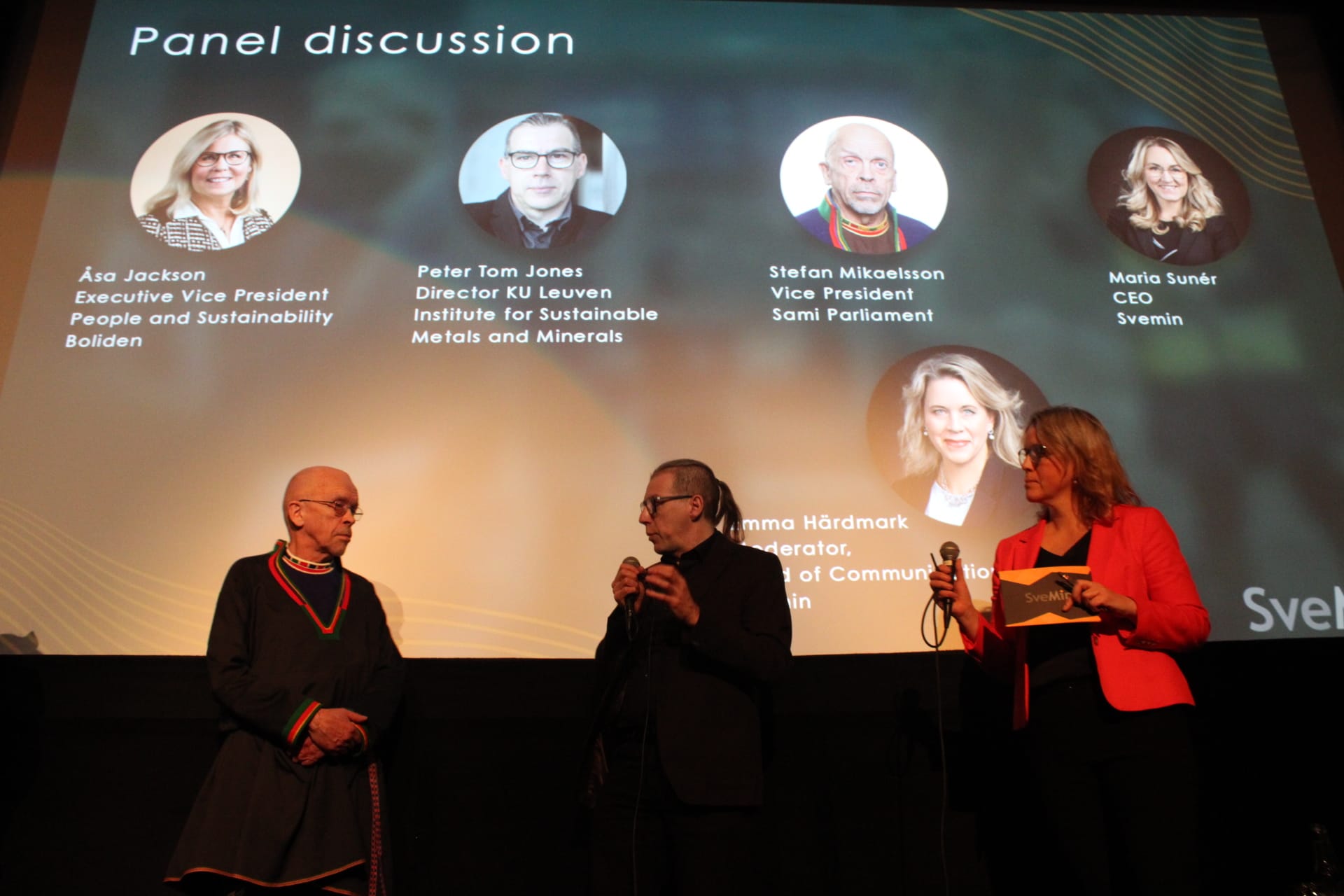
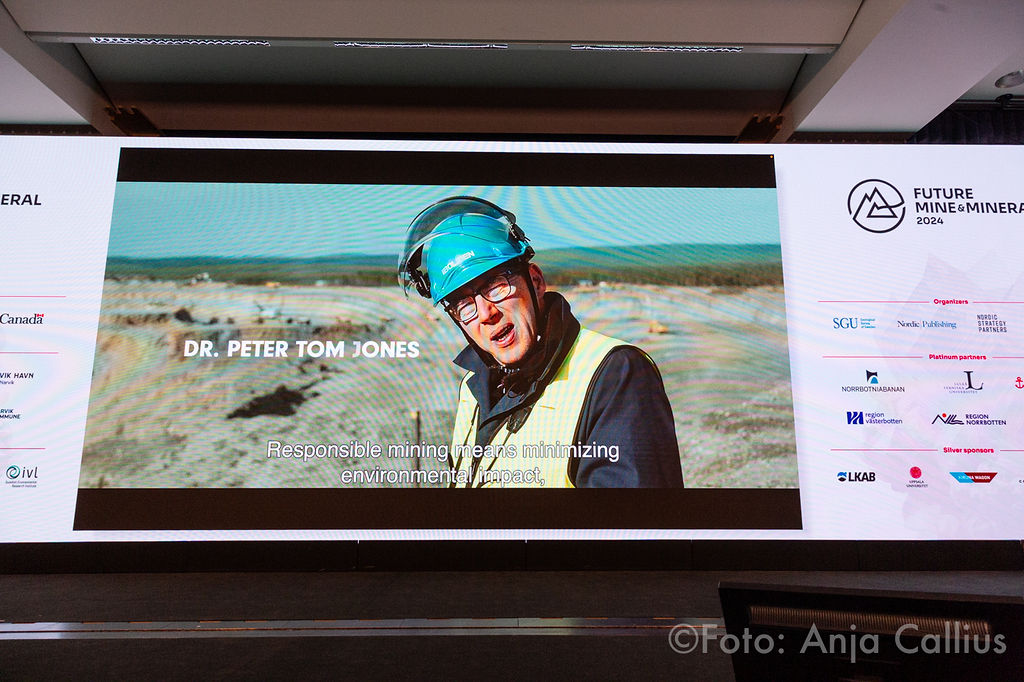
Vimeo links
- Documentary with English subtitles: https://vimeo.com/884346837
- Documentary with French subtitles: https://vimeo.com/887686419
- Documentary with Dutch subtitles: https://vimeo.com/886793667
- Complete interview with Maroš Šefčovič: https://vimeo.com/884340881
- Complete interview with Stefan Mikaelsson: https://vimeo.com/887901629
- Complete interview with Jan Moström: https://vimeo.com/889402870
Key data
- Team: Director: Stijn van Baarle (STORYRUNNER). Presenter: Peter Tom Jones (SIM2 KU Leuven). Camera man: Michael Van de Velde ׀ Sound technicians: Casimir De Kimpe & Marius Acke. Graphic designer: Jasper Vander Elst
- Funding: Co-funding through Horizon Europe EXCEED, Horizon Europe ENICON and SIM2 KU Leuven/SOLVOMET R&I Centre.
- Featuring Jan Moström (LKAB, Euromines), Ulrika Huhtaniska (LKAB), Stefan Mikaelsson, Anders Sand (Boliden), Päivi Kinnunen (VTT), Esa Peuraniemi (Boliden Harjavalta Oy), Matthew Congleton & Pasi Rannus (Valmet Automotive), Maroš Šefčovič (European Commission)
Acknowledgements. Funded by the European Union. Views and opinions expressed are however those of the author(s) only and do not necessarily reflect those of the European Union or HADEA and CINEA. Neither the European Union nor the granting authority can be held responsible for them. Co-funded by KU Leuven.
Photos: Vicky De Meyere, Anja Callius


